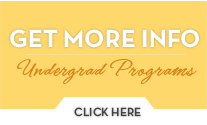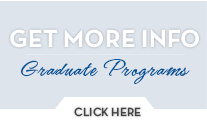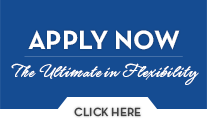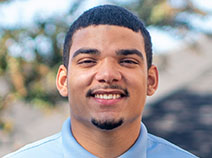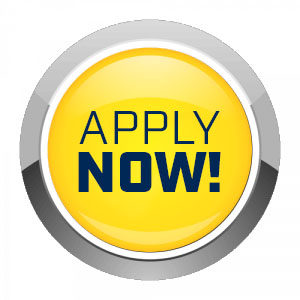Informational Interviewing
Why do an Informational Interview?
- Gain real world information and advice on a career field or job search strategies
- Build confidence in your ability to discuss career interests
- Network with career-related contacts
- Find additional leads to other Informational Interviews and possibly jobs
Finding People to Interview
Write down names of everyone you know (include friends, family, classmates, co-workers, employers, neighbors, professors, Career Services Center, etc.):
Now ask everyone on your list to recommend people who are employed in the career field you are interested in. You will be surprised who your contacts know.
Also, use the phone book, professional journals, newsletters, and internet to locate prospective interviewees.
Before the Interview
Treat the Informational Interview just like a job interview. Dress and act professionally, and prepare as much as possible so you are making the most of the interviewee’s time.
- Research the company and career field
- Develop open-ended questions
- Plan ahead what you want to communicate about yourself: skills, work values, and goals
Next Step: Set up the Interview!
Don’t be afraid to call or write various professionals. Most people enjoy talking about themselves and their ideas as well as helping others. Remember to make it clear that you are looking for information, not a job. If that person is unable to see you, ask for the name of someone that might be able to help.
During the Interview
- Develop rapport by discussing the interviewee’s views and opinions, personal career development, and likes and dislikes regarding the field. Get into specific questions as they relate.
- Possibly ask the interviewee to give you advice about your résumé and qualifications as well as job search strategies.
- As you near the end of the interview, ask for referrals to others in the field.
- Never overstay your welcome – remember, their time is valuable.
- Even though you may have a lot of questions, you should be listening more than talking. You might discover information about unanticipated areas.
- Do not ask for a job. You agreed to ask for advice and information.
Questions to Ask
Career Preparation:
- How did you prepare for your career?
- What are the most important qualifications (i.e. education, skills, personality, etc.)?
- What educational preparation (degree) do I need to obtain?
- What prior experience do I need to get?
- How would you rate my qualifications?
Personal Experiences:
- What do you like most/least about your work?
- How does your work effect your personal time?
- How did you get your job?
- How many hours do you work each week?
- If your job was eliminated, what else could you do?
- If you had to do it over again, what would you have done differently?
Career Information:
- What is a typical work week like?
- How much autonomy do employees typically have: dress, hours, vacation time, etc.?
- How would you estimate my future prospects in this career field?
- How often do people in this field change jobs?
- What are the salary ranges for positions in this field?
- What are some of the challenges and major issues in your field?
Job Hunting:
- Who are some key employers I should consider?
- What job titles should I look for?
- How can I locate jobs (newspapers, online, professional journals, etc.)?
- How long do most employees stay in one position?
- When moving positions, do people move companies or move up within a company?
- What other related fields should I consider?
Advice:
- Would you mind critiquing my résumé/portfolio?
- What professional organizations would you recommend joining?
- Can you suggest other people/resources that can provide additional information?
After the Interview
- Record, Analyze, and Evaluate the Informational Interview
- Take all information given with a grain of salt. Don’t settle for just one or two interviews about a given area of work; a broad information base is essential.
- Don’t forget to send a thank-you letter after the interview
